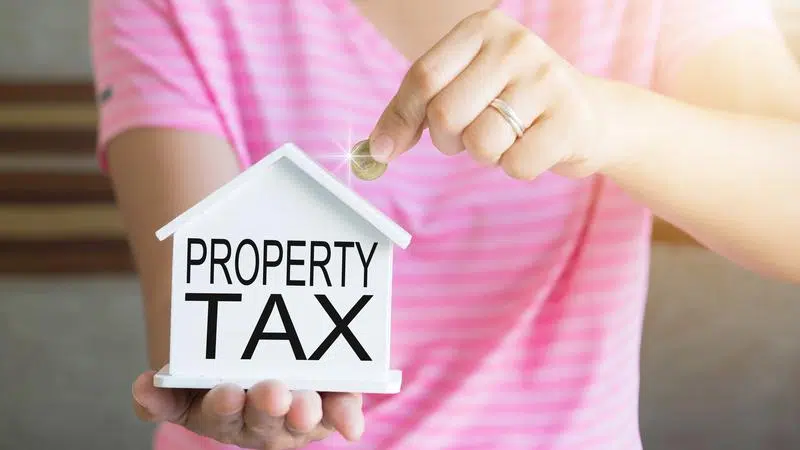
Provincial Government change means uncertainty for City tax planning
As a result of the provincial election, the 2019 and 2020 property tax levy for Grande Prairie is likely to be affected. The City’s 2019 operating budget reflects a residential property tax decrease of 4.1 percent but that is subject to change after factoring in the new education tax requisition.
“The public has been vocal in the past that they feel taxes are high for mainly the residential side, so council has listened to that and they [went] through the budget process in the fall, they felt they had to reduce the tax burden,” says Scott Smith, Manager of Assessment Taxation for the City of Grande Prairie.
Each year, the provincial budget is established in late March or early April but with no provincial budget set to be produced until the newly elected government is in place, Municipal Affairs will not provide municipalities with rates needed for the June 28 payment deadline.
